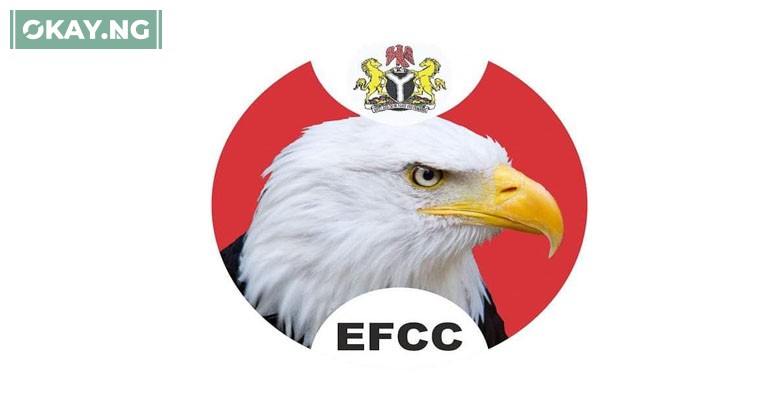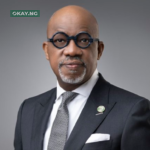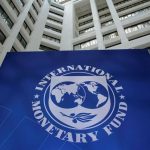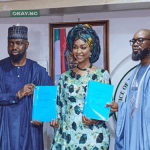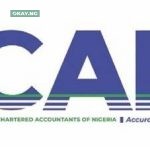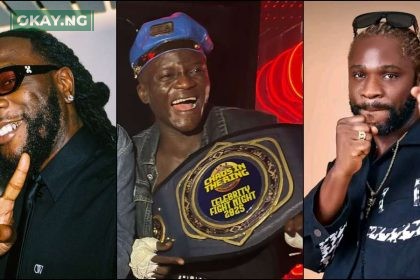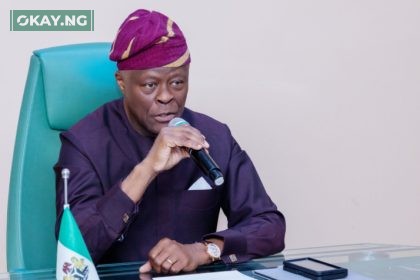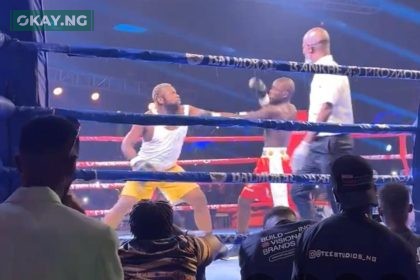The Economic and Financial Crimes Commission (EFCC) was established in 2003 to investigate and prosecute economic and financial crimes in Nigeria.
The EFCC is headed by a Chairman, who is appointed by the President of Nigeria and confirmed by the Senate.
The following table shows the list of past and present EFCC Chairmen, along with their alma maters and states of origin:
| EFCC Chairman | Tenure | Alma mater | State |
|---|---|---|---|
| Nuhu Ribadu | 2003-2007 | ABU | Adamawa |
| Ibrahim Lamorde | 2008 (Acting) | ABU | Adamawa |
| Farida Waziri | 2008-2011 | UNILAG | Benue |
| Ibrahim Lamorde | 2011-2015 | ABU | Adamawa |
| Ibrahim Magu | 2015-2021 (Acting) | ABU | Borno |
| Abdulrasheed Bawa | 2021-2023 | UDUS | Kebbi |
| Abdulkarim Chukkol | Jun 2023 (Acting) | UniMaid | Borno |
| Olanipekun Olukoyede | Oct 2023 (Acting) | LASU | Ekiti |
Please note that the current EFCC Chairman, Olanipekun Olukoyede, is still acting, as his appointment has not yet been confirmed by the Senate.
The EFCC has played a significant role in the fight against corruption in Nigeria. Under the leadership of its various Chairmen, the EFCC has investigated and prosecuted a number of high-profile cases, including cases involving former governors, ministers, and other public officials.
The EFCC has also been involved in a number of initiatives to raise awareness of corruption and to educate Nigerians about their rights and responsibilities.
For example, the EFCC has established the EFCC Academy, which provides training to law enforcement officers and other stakeholders on the investigation and prosecution of economic and financial crimes.
The EFCC is an important institution in the fight against corruption in Nigeria. The work of the EFCC is essential to ensuring that public officials are held accountable for their actions and that the rule of law is upheld.


